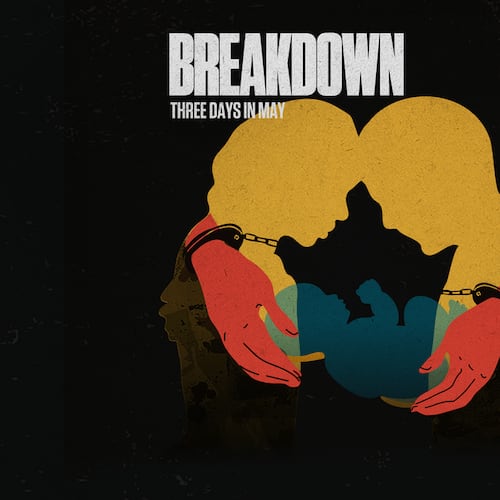If your goal in life is to lose everything you've worked for, all you need to do is be uninsured and spend some time in a hospital.
If you really want to hasten the slide into economic ruin, be sure to entrust your care to 50 hospitals in the U.S. that, according to a Washington Post article , charge the uninsured at least 10 times the cost of care.
Credit: George Mathis
Credit: George Mathis
Twenty of the hospitals are in Florida, where many older Americans spend their retirement years.
None of the hospitals were located in Georgia, but five are in neighboring Alabama.
In the South, health care costs will rise again it seems, with 39 of the 50 hospitals being owned by two Tennessee-based corporations.
Community Health Systems (based in Franklin, Tennessee) operates 25 of the hospitals on the list. CHA has five hospitals in Georgia , including Winder and Monroe locations.
Hospital Corp. of America (also based in Nashville, Tennessee) operates another 14 hospitals on the list. HCA has multiple locations in Georgia , including many in Atlanta and the immediate area.
Forty-nine of the 50 hospitals are for-profit businesses.
Capitalism is a good thing, but one role of government is to make sure necessary institutions aren't bilking the public. In many states, it appears laws that cap what hospitals can charge are not being enforced.
For example, the Post article says a New Jersey hospital charges rates 12.6 times the actual cost of patient care even though state law limits the maximum hospitals can charge uninsured patients to 115 percent.
A "typical hospital" charges 3.4 times the actual cost of patient care, which doesn't sound too out of whack.
Adam Smith's famed "invisible hand" is also supposed to keep costs down, but the study says "because it is difficult for patients to compare prices, market forces fail to constrain hospital charges."
What does keep costs under control? Insurance companies, which know the costs of medical services, arguing on the behalf of their clients.
The hospitals dispute the finding of the study , which suggests a federal pricing structure for all patients, but that sounds like a bureaucratic nightmare in the making.
Does Obamacare lower costs? So far, it looks promising , though that is, of course, debatable.
If you have things you want to keep -- like houses -- I suggest getting insurance and not getting critically ill or injured in Florida.
About the Author
Keep Reading
The Latest
Featured



